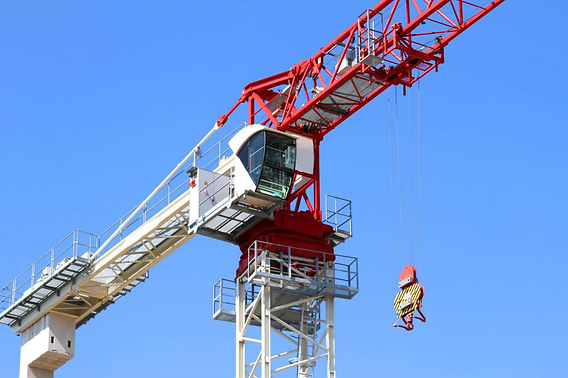Crane operation is one of the most crucial and specialized fields within the construction, industrial, and logistics industries. Crane operators play an essential role in ensuring the safe and efficient movement of heavy loads on construction sites, warehouses, ports, and more. These professionals are responsible for operating large, powerful machinery that can move massive weights, often in high-pressure environments where precision and safety are of the utmost importance. With the growing demand for skilled workers in these industries, obtaining crane operator certification can open doors to a wide range of career opportunities and place you in an elite group of professionals recognized for their expertise and dedication. Getting certified as a crane operator is not only an opportunity to advance your career, but it is also a commitment to maintaining the highest standards of safety and operational efficiency. Certification programs, such as those offered by the National Commission for the Certification of Crane Operators NCCCO or other recognized bodies; ensure that crane operators are trained to handle the latest technology and safety protocols.

These programs focus on both theoretical knowledge and practical skills, ensuring that operators can demonstrate proficiency in safely maneuvering cranes, understanding load charts, and performing emergency procedures. One of the most significant advantages of obtaining crane operator certification is the increased earning potential. Certified crane operators typically earn more than their non-certified counterparts because their training and certification prove that they are highly skilled and can handle complex tasks with precision. Many employers in industries such as construction, shipping, and energy prefer or even require their crane operators to be certified, as it ensures that they have the necessary expertise to safely perform the job and minimize the risk of accidents. As a result, certified crane operators are often in high demand, which can lead to more job opportunities and career growth. Moreover, certification provides an edge in an increasingly competitive job market. As construction projects become more intricate and require specialized equipment, the need for certified operators is expected to rise.
Certification demonstrates a commitment to professionalism and a desire to stay updated with industry standards and regulations. It also reflects an operator’s ability to manage the diverse challenges they might face on the job, such as working with different types of cranes, coordinating with other team members, and ensuring compliance with local safety regulations. In addition to the technical skills learn more about crane operator training, crane operator certification programs emphasize safety, which is a key focus across all industries. Crane accidents, unfortunately, do occur, often due to operator error or lack of training. Certification ensures that operators have the necessary skills to reduce these risks, thus contributing to safer working environments for themselves and their coworkers. It also helps reduce liability for employers, as hiring certified professionals shows a commitment to maintaining safety standards. In conclusion, becoming a certified crane operator is a smart move for anyone looking to advance in this vital field. Not only does it increase your earning potential and job security, but it also places you among an elite group of skilled professionals who are respected for their competence and commitment to safety.